Movies that completely miss their own point aren’t necessarily bad films. In fact, many of these titles are critically-lauded, commercially successful, or both. Indeed, movies that somehow contradict the very points or messages that they espouse are surprisingly quite common.
For instance, while some of the best antiheroes in movie history were meant to be warnings about anti-social thoughts and behaviors, many have become ironically idolized because of their flattering and glamorous portrayals on film. Film adaptations of books are also prone to misinterpreting their own respective core messages, especially when the movie greatly deviates from the source material. There are also satirical films that mishandle their own ambitiously grandiose concepts, a common misstep among movies that use parody for social criticism. While movies that completely miss their own point aren’t automatically terrible, they do notably contradict themselves, whether through certain scenes or consistent elements throughout the film.
10 I Am Legend (2007)
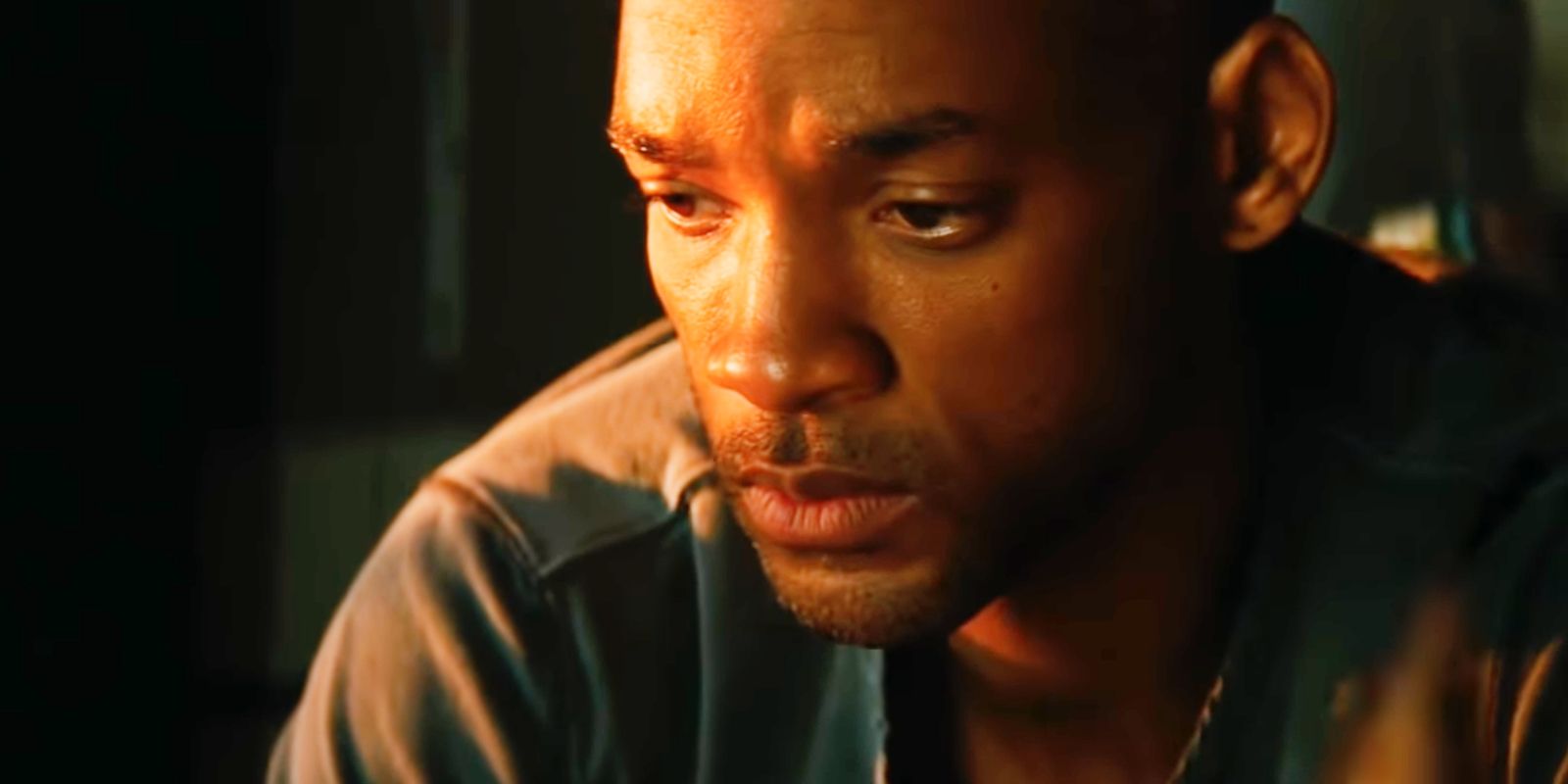
Among the biggest I Am Legend movie and book differences is how the film eschews the original novel’s ending. In both the book and the movie’s alternate ending, Dr. Neville realizes that he is the real monster in the story, as the infected who were after Neville were merely trying to rescue the infected people that he experimented on to find a cure. Neville becoming a different legend than he hoped to be is the whole point of the post-apocalyptic story, which the theatrical ending throws away by making Neville a straightforward hero who dies through self-sacrifice. Unfortunately, this turned I Am Legend into just another post-apocalyptic movie.
9 Natural Born Killers (1994)
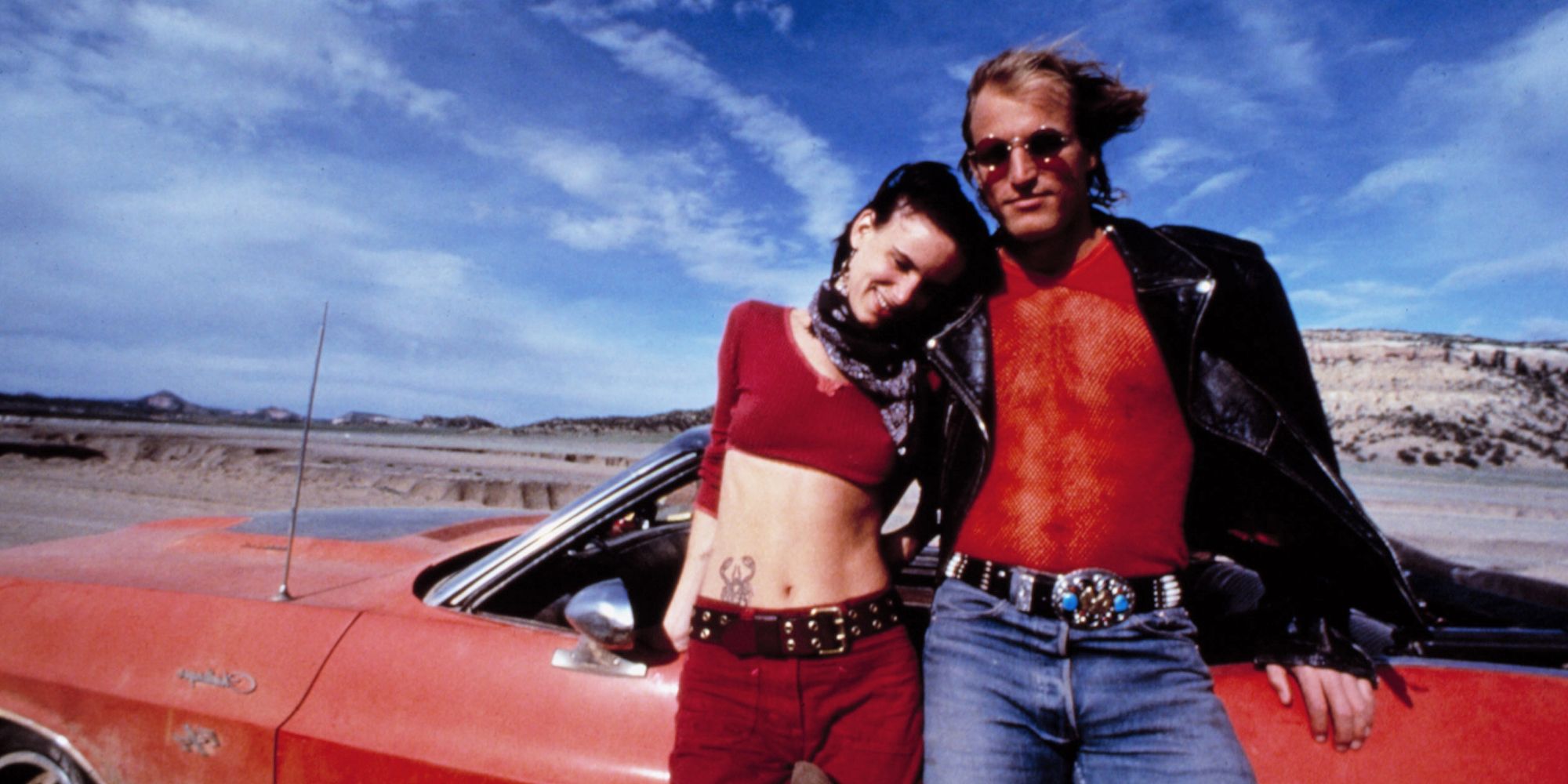
Natural Born Killers is about the crimes of lovers and serial killers Mickey and Mallory Knox. The film is essentially a critique on how violence is glamorized by the media, who turn Mickey and Mallory into celebrities while reporting about their killing sprees. Whether it’s true that Natural Born Killers inspired copycat crimes or not, what’s undeniable is that the movie does paint the serial killers in a flattering light – it did exactly what it was supposed to be criticizing. To be fair to the 1994 film, this remains a problem among contemporary antihero crime films and series, which similarly and inadvertently glamorize violence despite their anti-violence message.
8 The Hobbit Trilogy (2012-2014)
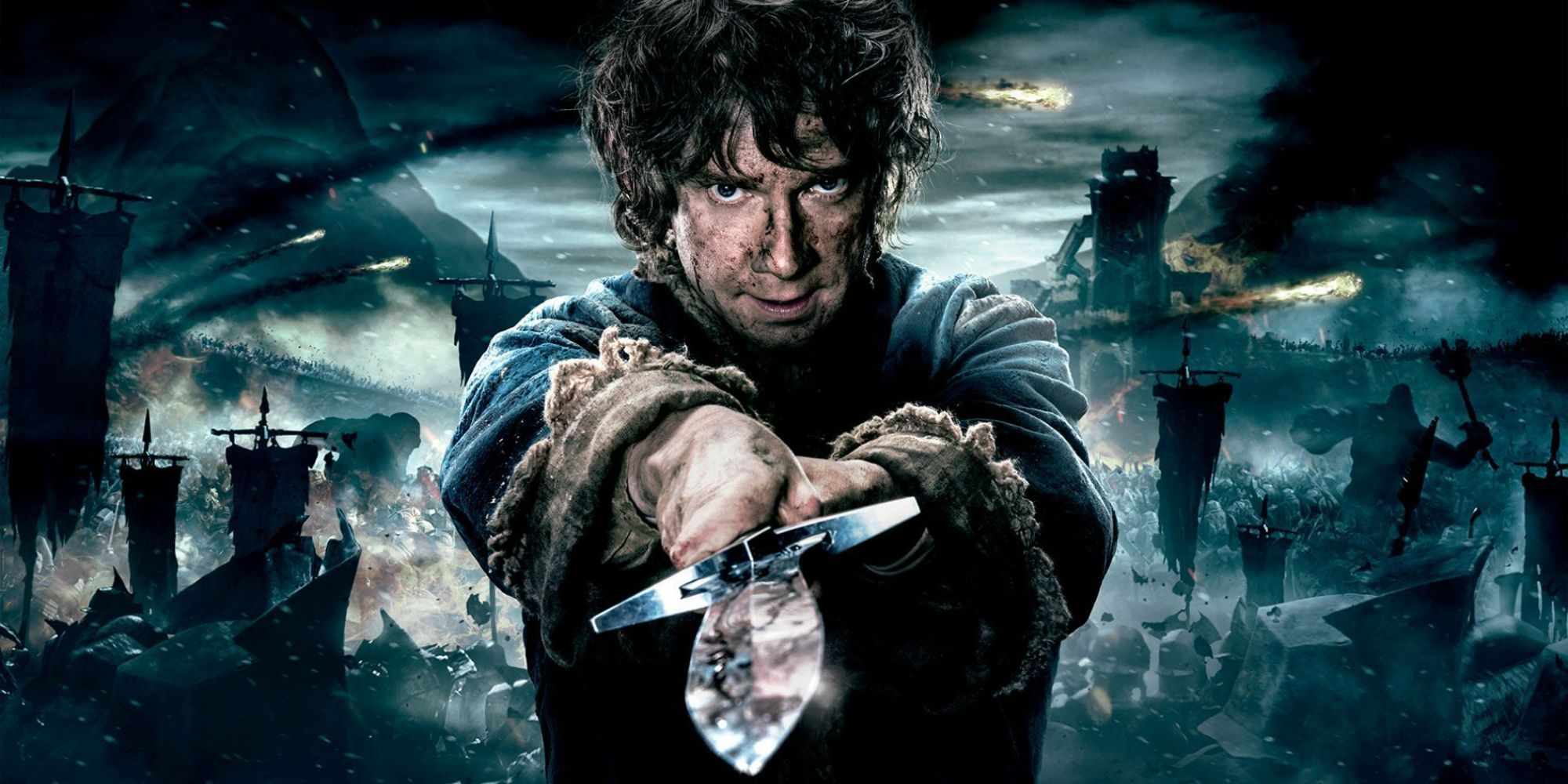
J. R. R. Tolkiens’ The Hobbit is great because it’s an epic but tightly compressed one-off adventure. By expanding the book into three movies, The Hobbit trilogy not only failed to do justice to the source material, but also missed its point entirely. It’s a pity because a near-exact adaptation of The Hobbit would’ve been quite feasible at the time, as Peter Jackson’s Oscar-winning Lord of the Rings trilogy had already established Tolkien’s lore among mainstream audiences. By turning a single book into three movies, The Hobbit trilogy ultimately ditched Tolkien’s idea of an easily digestible adventure that happens to take place in Middle-earth.
7 Barbie (2023)
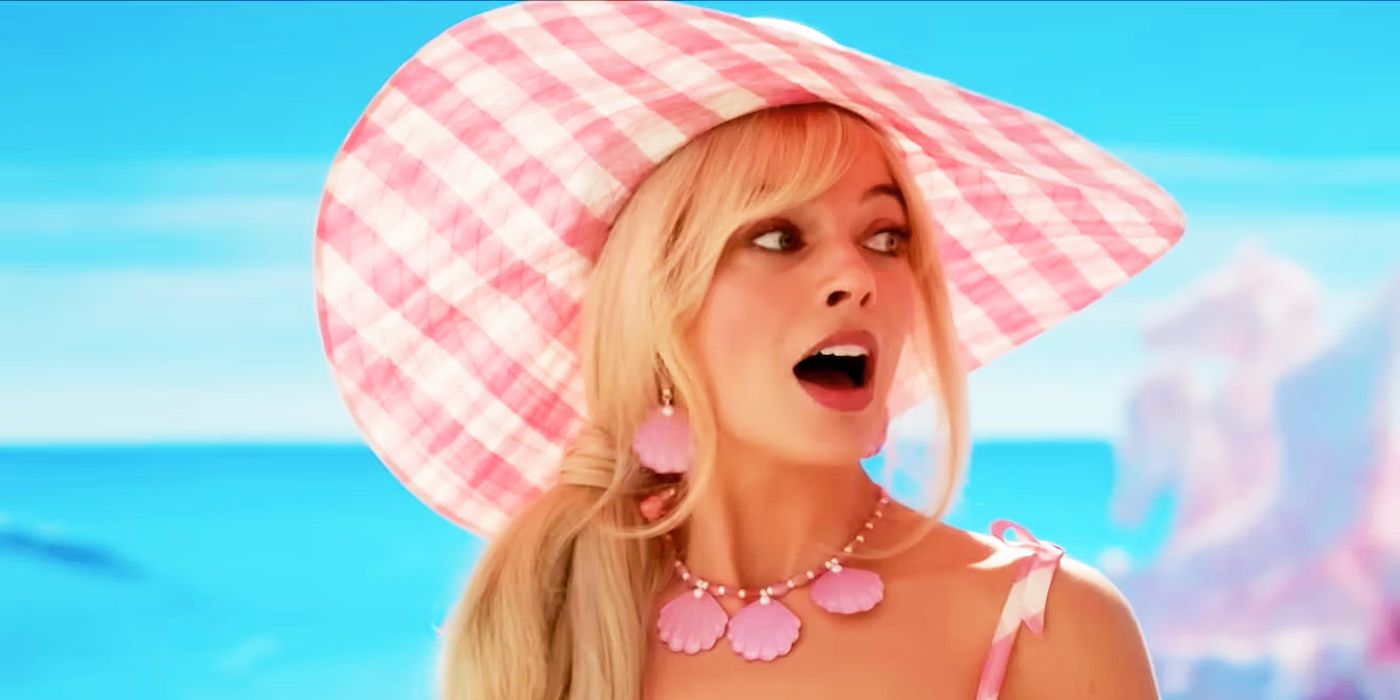
While Greta Gerwig’s Barbie deserves critical acclaim for its pitch-perfect satire, the movie ultimately contradicts itself several times. Gloria advising the Mattel CEO about making an ordinary Barbie in real-life proposes yet another capitalist solution in a movie that’s vehemently anti-capitalist. Moreover, while the political struggles between the Barbies and Kens foreshadowed massive social change, Barbie ends with both Barbieland and the real world essentially reverting to the way things were in the beginning. Beyond the movie, Mattel releasing a real-life doll based on Weird Barbie also completely misses the point of the popular character and is telling of how even the company misunderstood its own film.
6 The Wolf of Wall Street (2013)
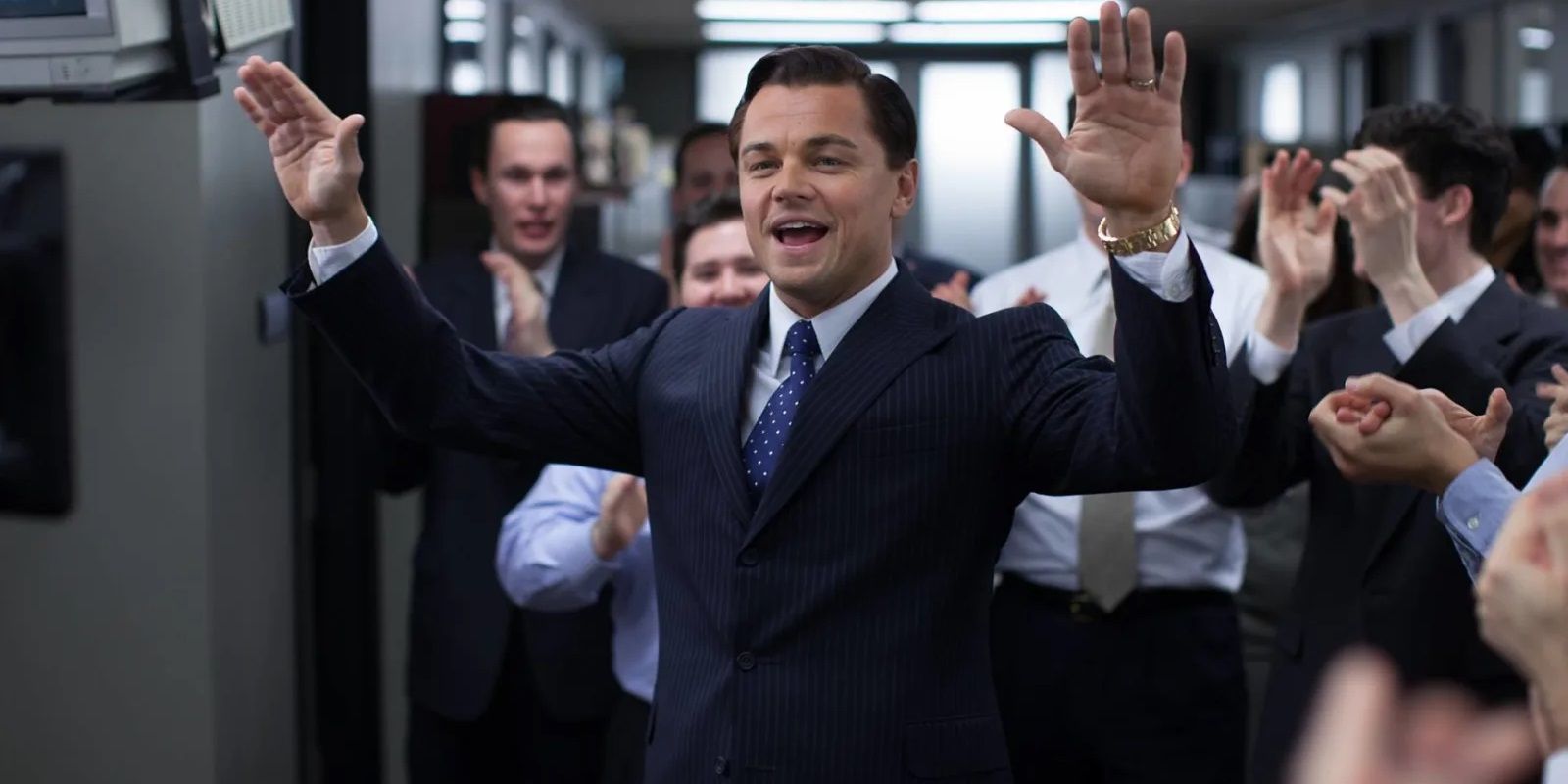
The Wolf of Wolf Street covers the rise and downfall of financial criminal Jordan Belfort, who infamously inflated the prices of bad stocks and sold them to unsuspecting buyers. However, the movie is mostly remembered for its portrayal of the rock star lifestyles of Belfort and his crew in the late ’80s, which is essentially a more glamorous, realistic, and expensive version of classic fraternity-inspired college comedies. It certainly doesn’t help that Belfort got away with everything after just minimal punishment in the end. Even though the movie simply related what happened in real life, the Martin Scorcese film simultaneously criticized financial fraud and made it look cool.
5 Black Panther (2018)
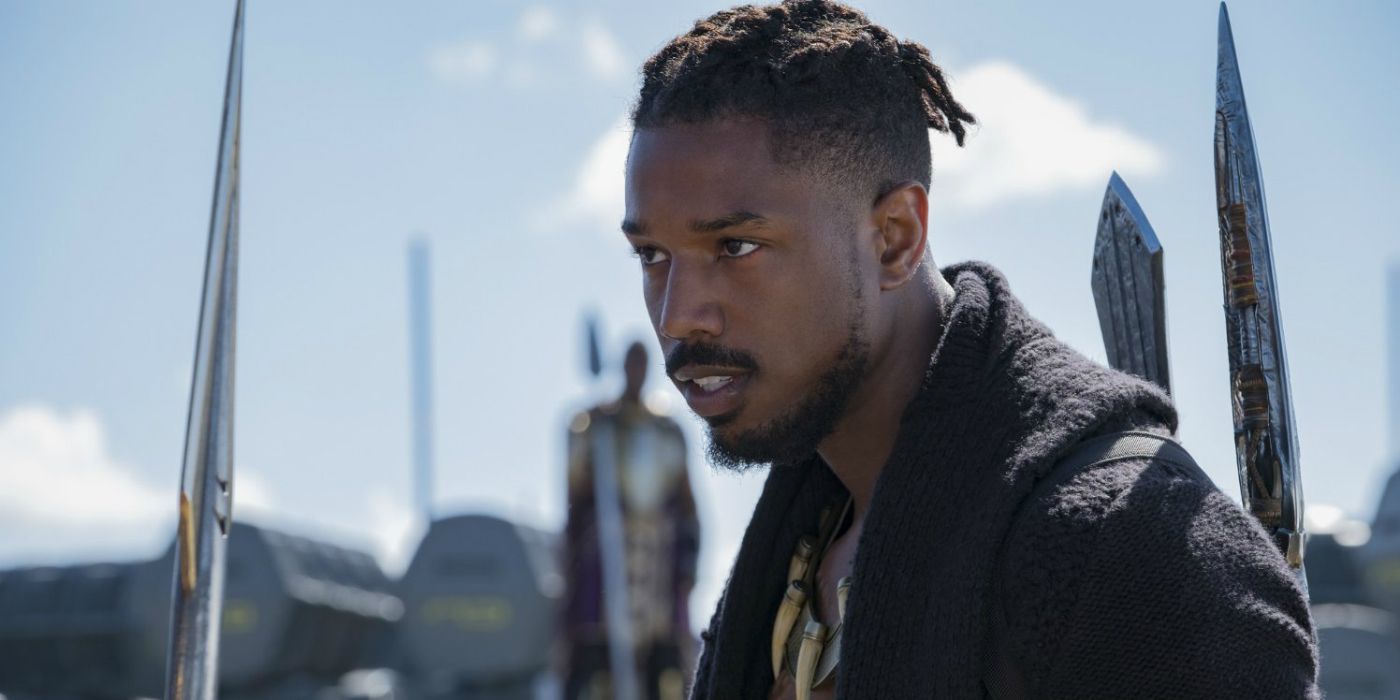
Black Panther is about the advanced isolationist nation of Wakanda finally opening its borders to the world. However, forming an outreach center in the U.S. and revealing Wakanda’s true nature to the United Nations seem like very tiny steps for the wealthiest and most technologically advanced human civilization in history. Between Kilmonger’s extreme solutions and T’Challa’s more traditional beliefs, the rulers of Wakanda could’ve figured out more direct ways to correct racial injustice and reach out to the global African diaspora. Instead, despite Black Panther‘s grandiose ambitions for racial politics in the MCU, it essentially dismisses radicalism as extremism through Kilmonger’s arc and ended with Wakanda undergoing little actual change.
4 The Searchers (1956)
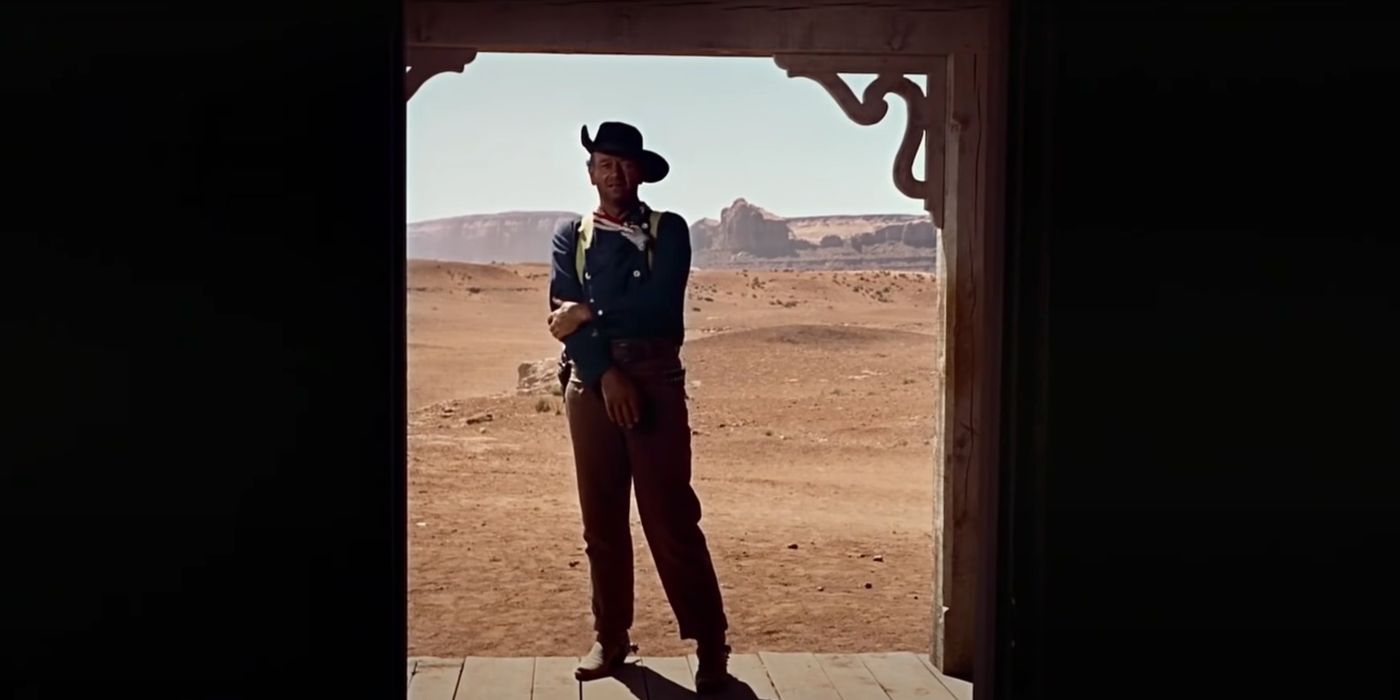
Largely considered to be one of the best Western movies of all time, The Searchers is director John Ford’s criticism of racist genre tropes. The ridiculous hatred that John Wayne’s Ethan Edwards harbors for Indigenous Americans was supposed to be a radical parody of white savior cowboys, with Ethan’s savagery and final ambiguous fate representing Ford’s disillusionment over the very tropes that made both Ford and Wayne’s careers. Instead of becoming one of the first anti-Westerns, The Searchers only strengthened the foundations of the ideas it sought to criticize, as Ethan Edwards continues to be hailed as one of the best Western heroes in film history.
3 Apocalypse Now (1979)
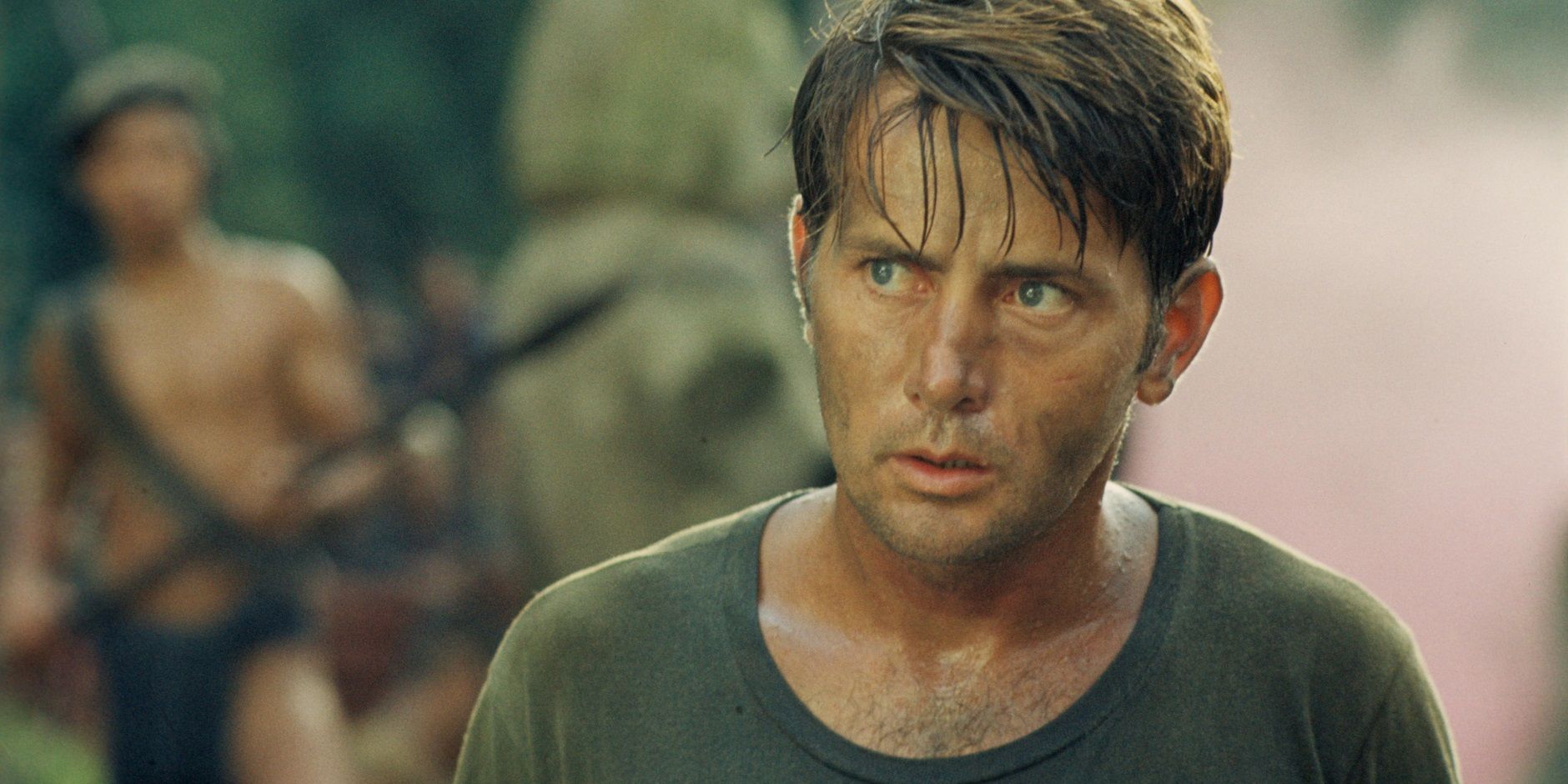
The anti-war film Apocalypse Now is an epic condemnation of the Vietnam War. While they differ in purpose and ideology, both Captain Willard and Colonel Kurtz represent the political corruption within the modern military industrial complex. The same is true for Apocalypse Now‘s depictions of brutal violence and the decadence of U.S. soldiers. At the same time, these same factors have led to Apocalypse Now being hailed as a great pro-war movie. As seen when American choppers rain napalm on a forest to the tune of Wagner’s “Ride of the Valkyries,” what are supposed to be anti-war sentiments can very easily come off as simply epic depictions of modern warfare.
2 Thank You For Smoking (2005)
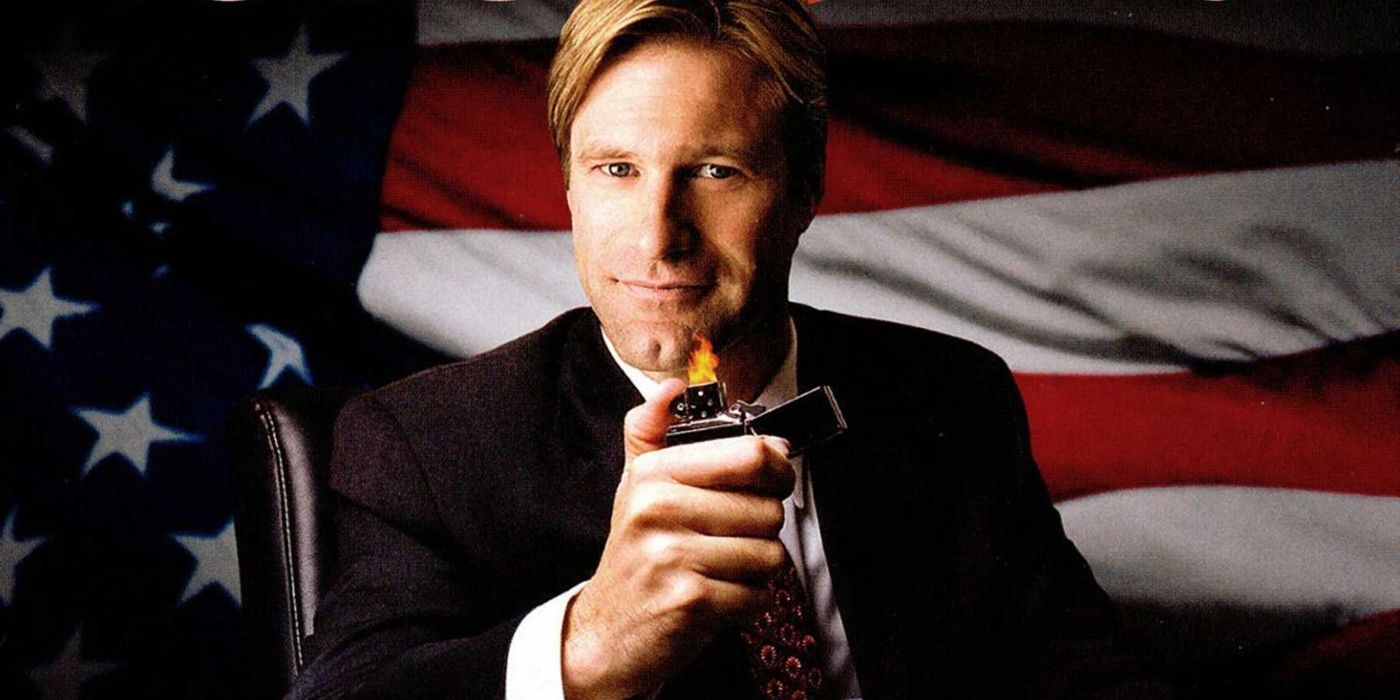
Thank You For Smoking is about Nick Naylor, an extremely cunning lobbyist for the U.S. tobacco industry. From the movie’s stylized explanation of real tobacco-related death statistics, to how it depicts the inner workings of big tobacco, Thank You For Smoking very clearly rebukes the way corporations hijack American culture in the name of profit. However, it’s also undeniable that the movie glamorizes Naylor’s life and work, painting a sympathetic portrait of a charismatic company man trying to balance his work and parenting duties. While Thank You For Smoking‘s criticism about big tobacco remains legitimate, it also makes a hero of Naylor, who literally represents the interests of the industry.
1 Encanto (2021)

As the Encanto ending explained, Mirabel didn’t need magical powers herself, as her intuition and empathy were enough to rebuild Casita. However, Encanto contradicts itself when this also leads to the Madrigals gaining back the powers that they lost. Though it makes sense that their powers were restored with Casita, it also means that the lesson is lost on the Madrigals, who have both their home and their powers back thanks to the only family member without actual magical abilities. While the Madrigals likely continued helping others using their powers, Encanto would’ve been more consistent if the Madrigals sacrificed their personal powers and divided the magic among the community.




